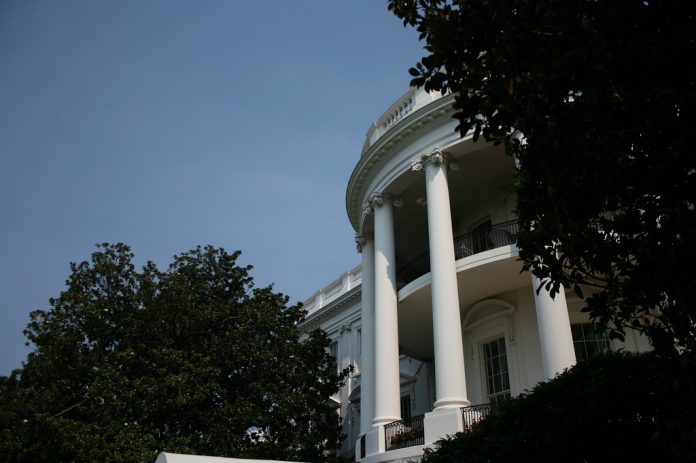The most striking thing about the revelations in Michael Wolff’s new book Fire and Fury: Inside the Trump White House is not that so many people who have interacted with the President feel he is neither smart nor mentally unstable enough for the job. Nor is it that Donald Trump and those around him were wildly unprepared for the presidency, or that Trump himself had no real sense of what the job entailed and has almost no interest in or knowledge of the many policy questions with which most presidents must wrestle. Rather, the most striking thing about the book is that for many Americans, probably around half, none of this counts as revelatory at all. Many of us have known these things about Donald Trump since his campaign began in the middle of 2015. In other words, claims that the President is mentally imbalanced and fundamentally not very smart is old news to a good chunk of the American people.
Over the last year, the tenuous state of the President’s mental health and his inability to process new or complex information have not been open secrets in Washington, because they have not been secrets at all. Virtually everybody who has interacted with the President has known this. The major contribution that Wolff’s book has made is to document it all and to put all the information in one highly readable book. Fire and Fury implicitly underscores the timidity of the rest of the Washington press corps for whom, according to some, maintaining access was more important than using that access.
The real story is not that Donald Trump has limited mental capacity, but that so many in the media have danced around this for so long. It is not just the Washington beat reporters, but also the television hosts, podcasters and others who have been reluctant to ask people close to the White House about the topic, and who have accepted at face value when members of the administration have suggested that Trump is capable of processing information and making sound decisions. Given how Donald Trump has presented himself over the last three years, but really over the last three decades, every time somebody in the administration suggested they had a rational conversation or exchange with the President, the media figure on the other side of that conversation should have said something to the effect of “About half the American people don’t believe he is capable of that kind of exchange. Is that actually what happened?”
The extremely widespread views about the President’s intellect and mental health go well beyond normal partisan fare. Even the strongest opponents of Barack Obama rarely suggested he was mentally ill or not smart. Many progressives questioned George W. Bush’s intellect, but few did not think he could read or sit through a briefing. Similarly, Ronald Reagan’s Alzheimer’s effected his second term in the White House, but those, in retrospect cruel, assertions about the him at least turned out to be grounded in reality.
Mental illness is real problem for the people who grapple with it every day as well as for the families of those people, so making jokes about Trump’s rather obvious mental health issues doesn’t feel right. However, having a demonstrably unstable president feels even worse. Thus, rather than continuing to titillate ourselves with more stories about how damaged Donald Trump is, we should turn our attentions to those who enabled his ascendancy to the Presidency while knowing about his mental health challenges. Here once more the Republican leadership, in the Congress and elsewhere does not come out looking good.
The question Americans should be asking ourselves in not whether or not Donald Trump has the mental facilities and stability to be President-he doesn’t, but why so many in the Republican Party ignored that reality for the last two years. In fairness to those Republicans who had significant concerns about Donald Trump, it was not clear what they could have done to stop him from getting the nomination, but it is also clear that once he was the likely nominee, no meaningful effort to derail his nomination was made by any in the GOP leadership. Moreover, those same Republicans elevated hatred for Hillary Clinton to a sacrament, in pursuit of which anything, including supporting a deeply unstable man like Donald Trump, was acceptable.
If anybody doubted the assertions Wolff made in his book, Trump himself put any remaining doubts about his mental health to rest weekend when in a Twitter rampage he claimed that he was “like, really smart” and “a very stable genius.” Other defenses of the President including White House aide Stephen Miller’s sycophantic interview on CNN and Steve Bannon’s mea culpa to Donald Trump pere and fils do similarly little to assuage concerns about the President’s mental health. Instead, they are further evidence that our President looks more like a quirky authoritarian, seeking affirmation and praise at all costs, rather than the rational leader of a democratic country.

